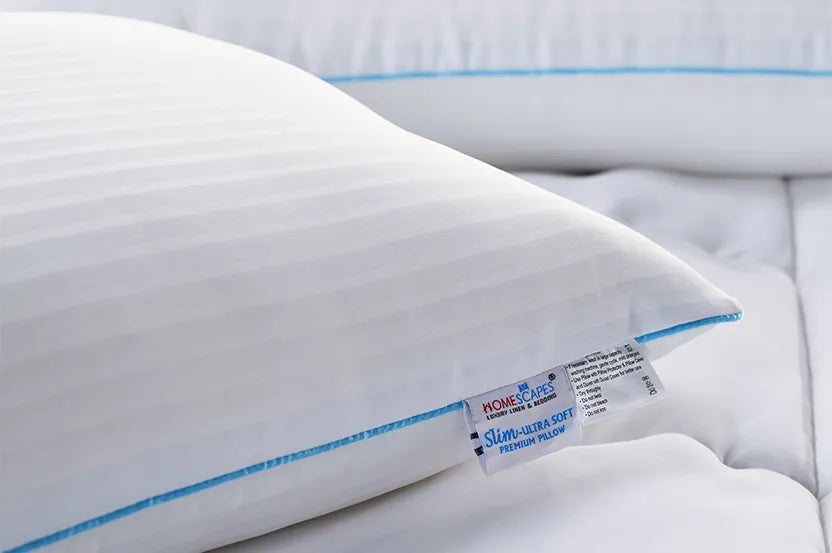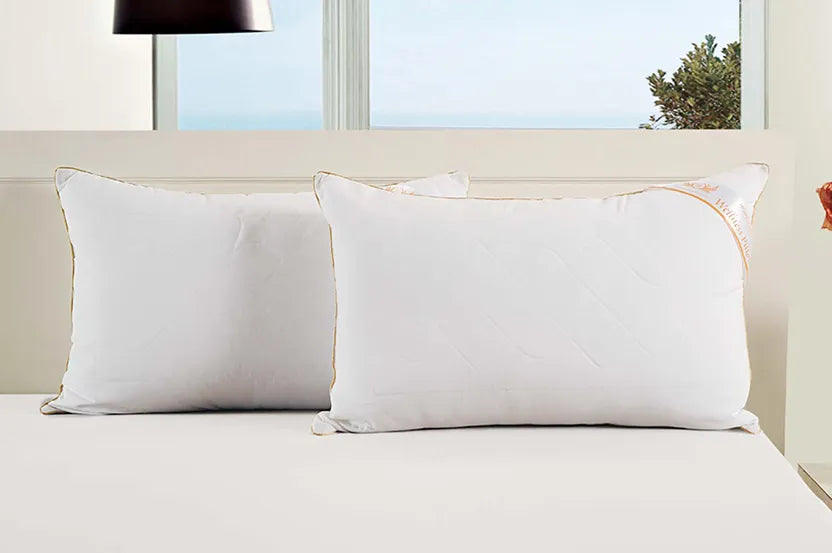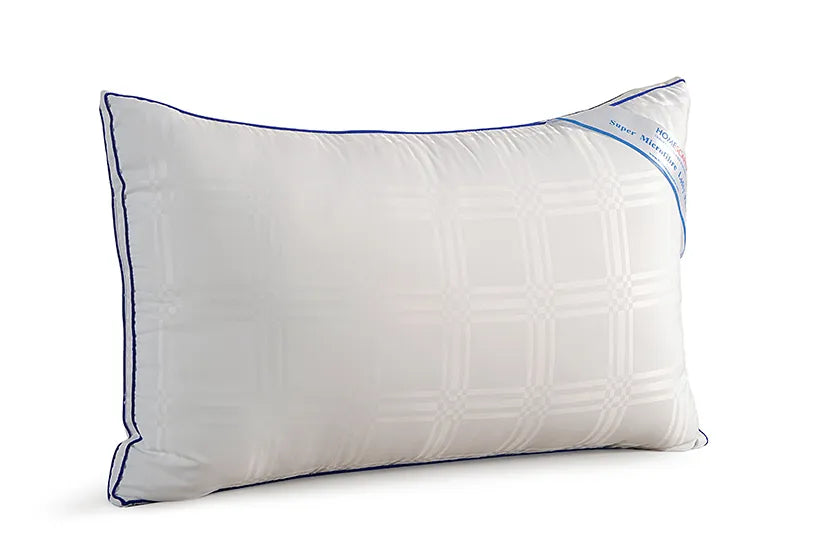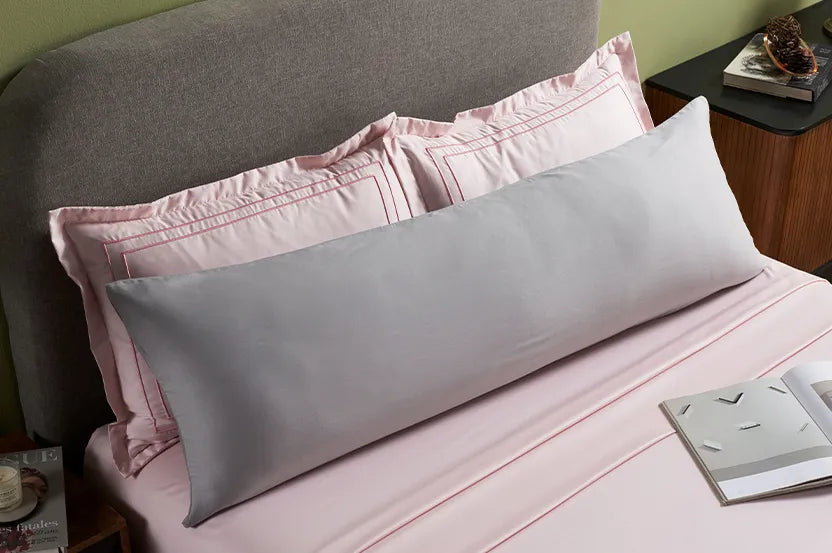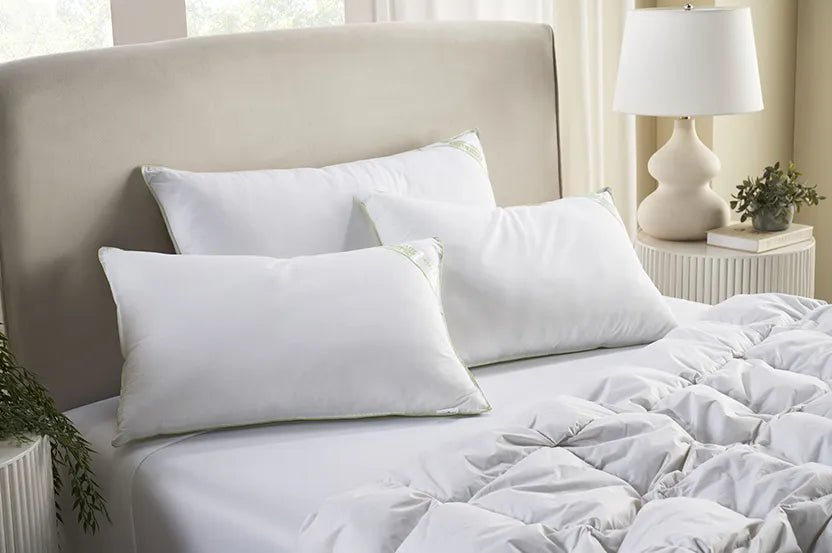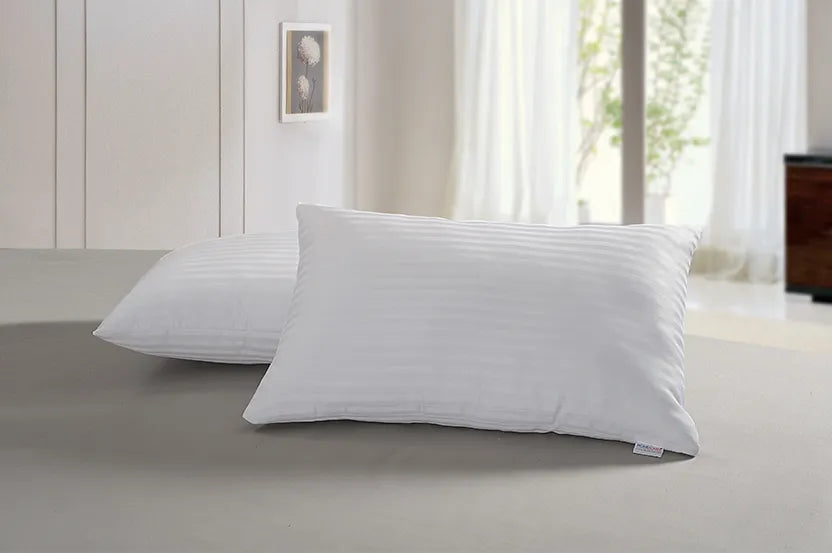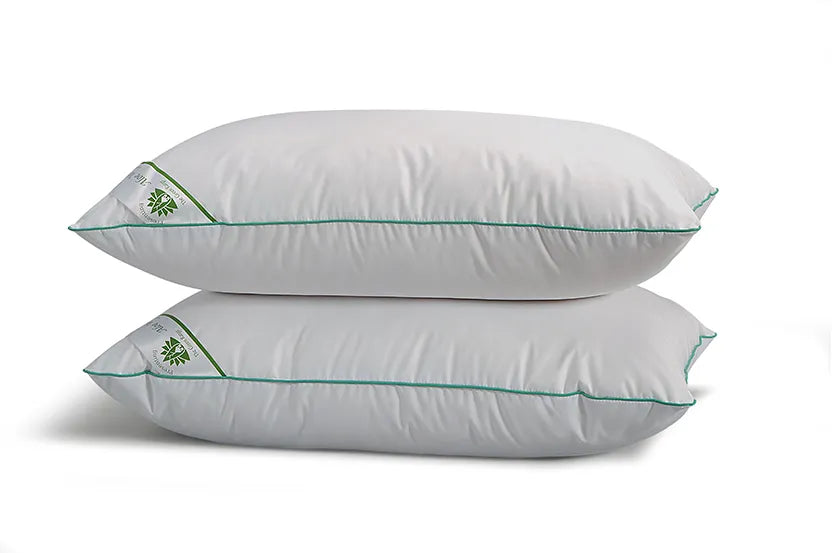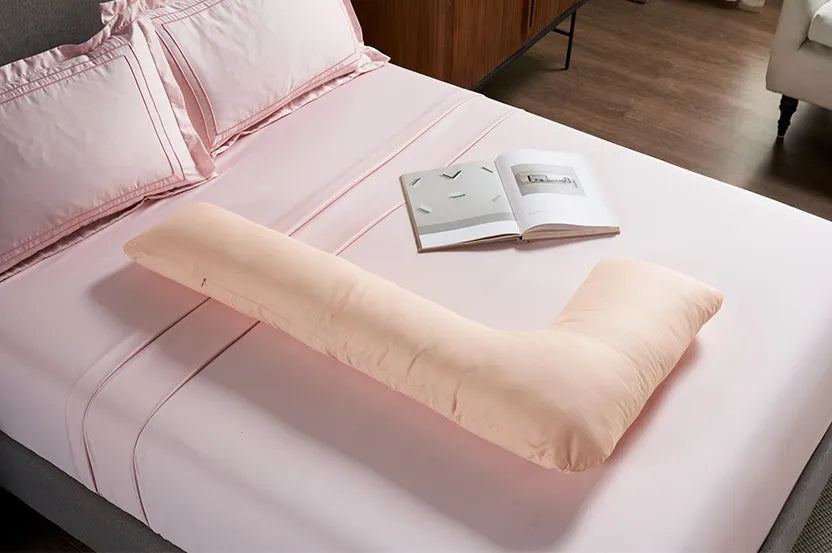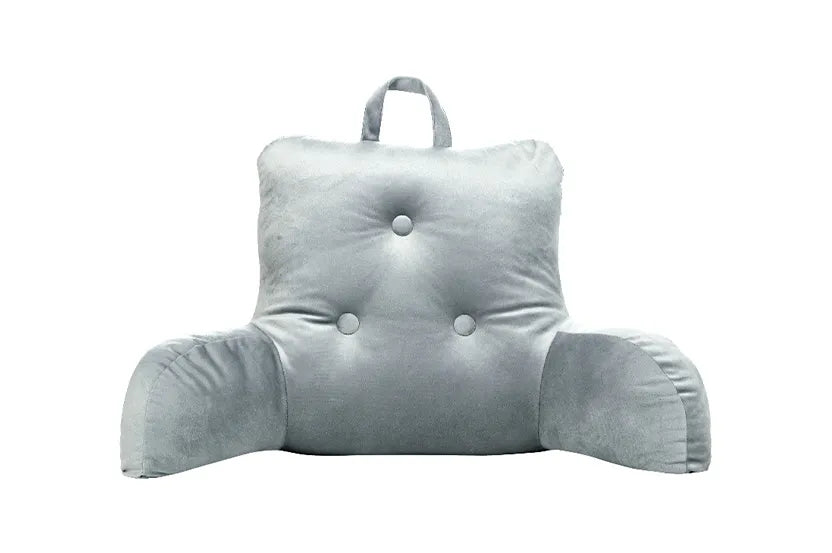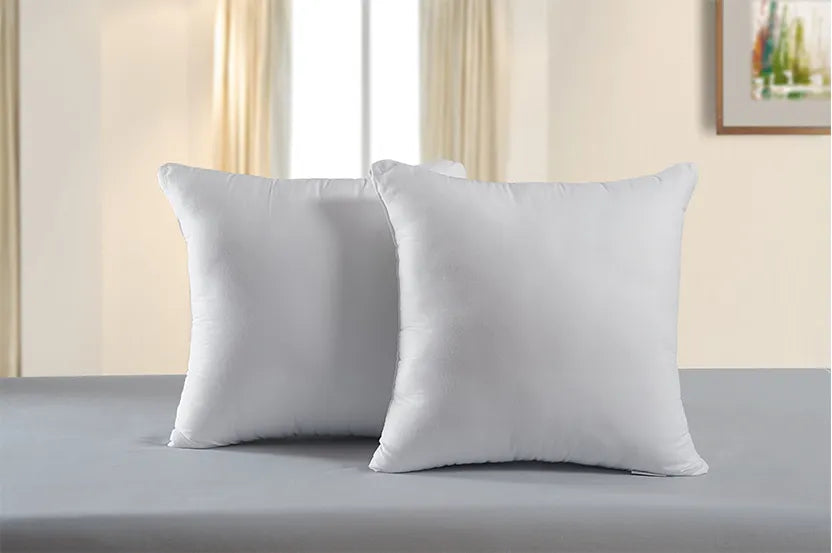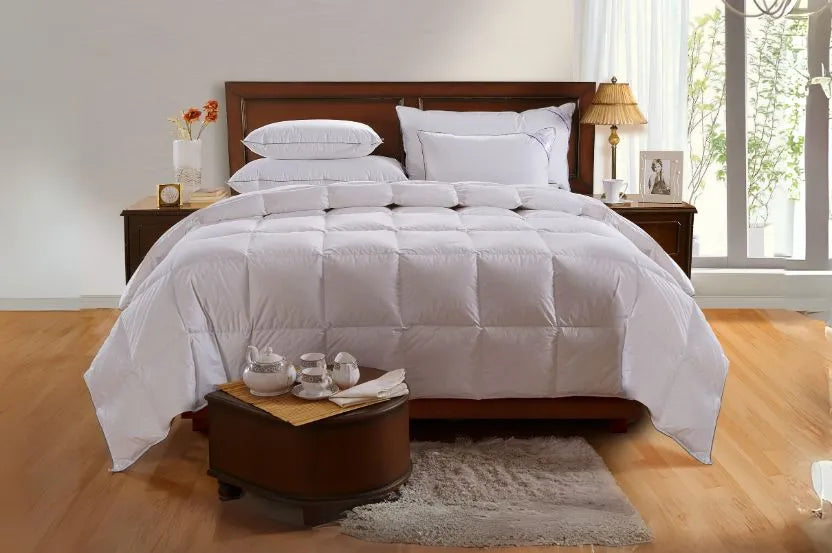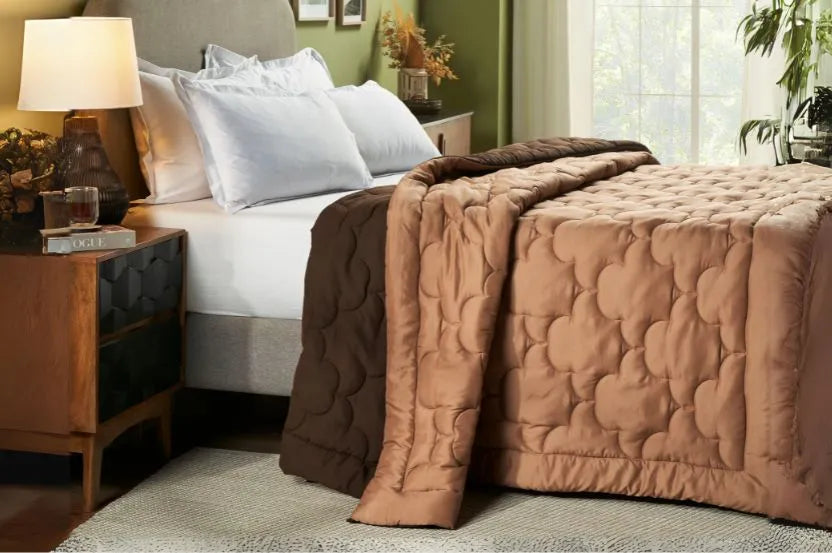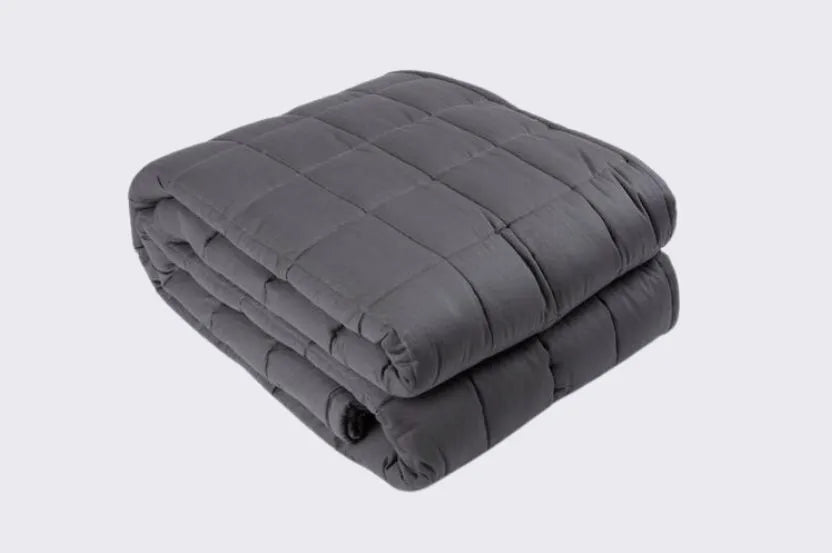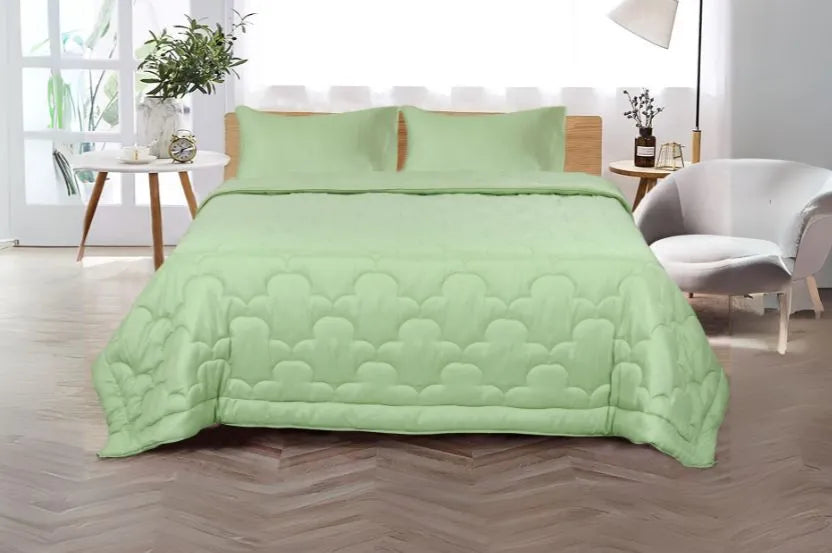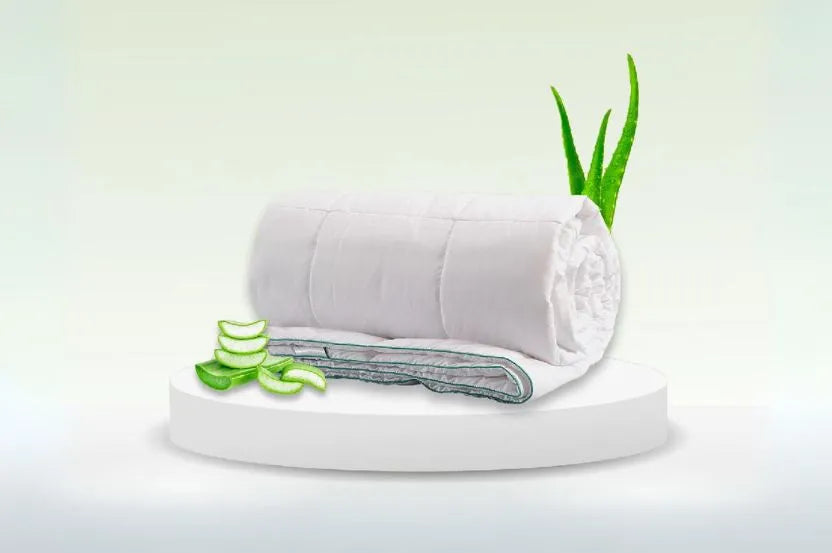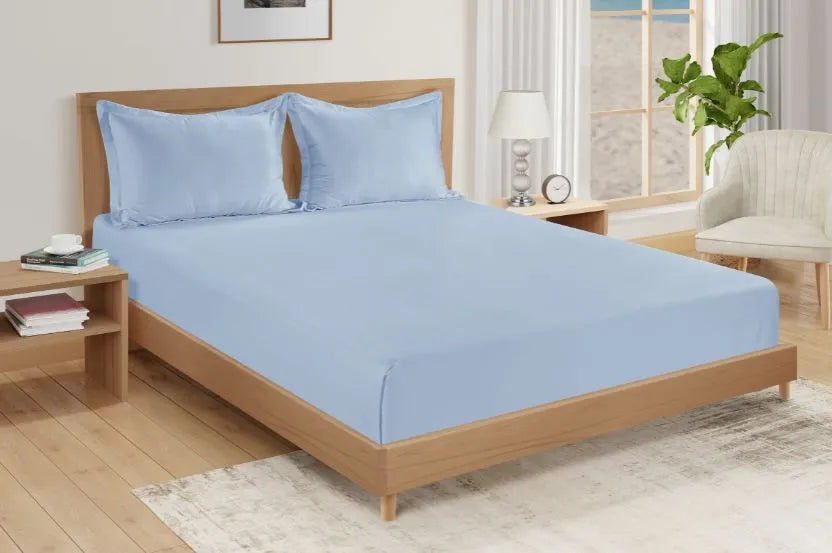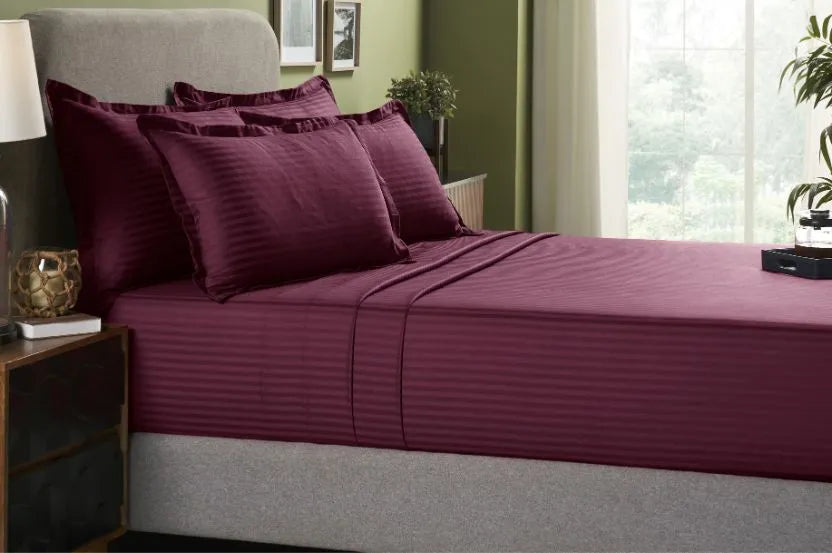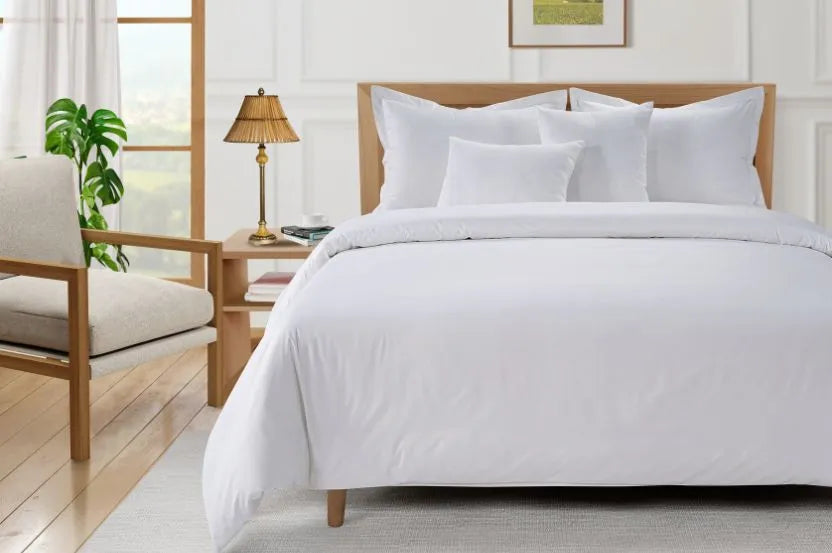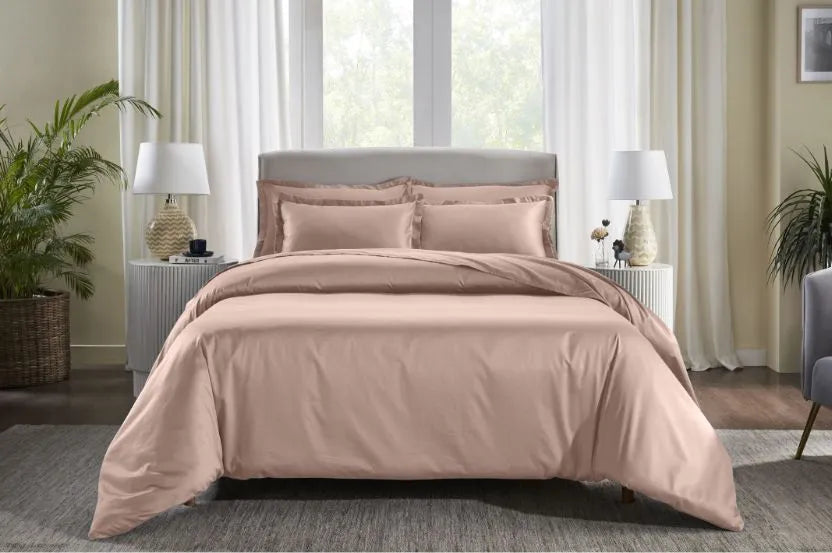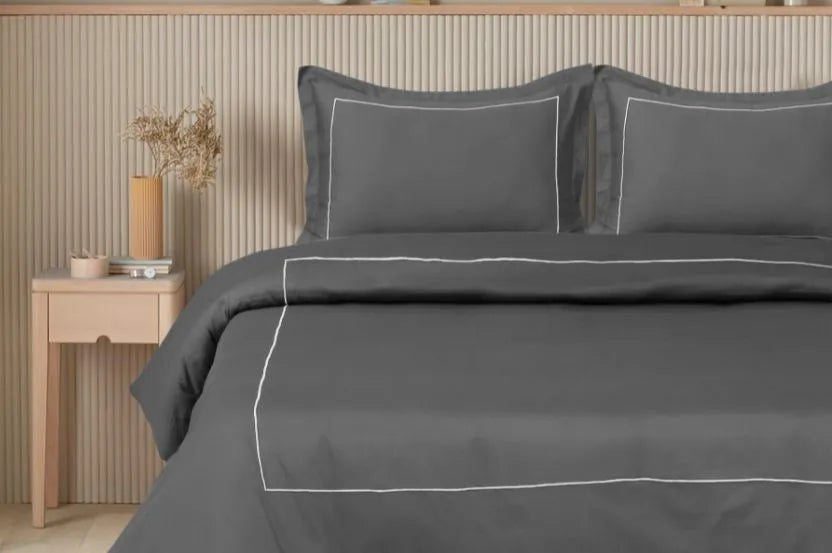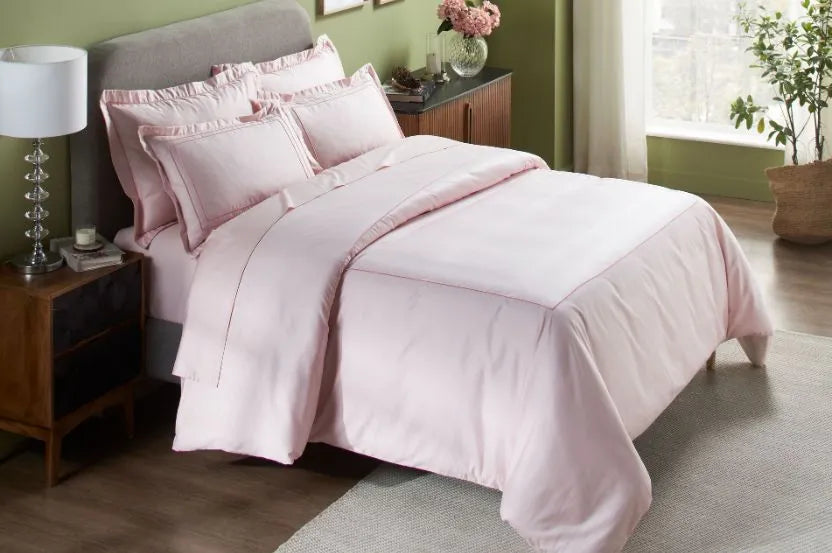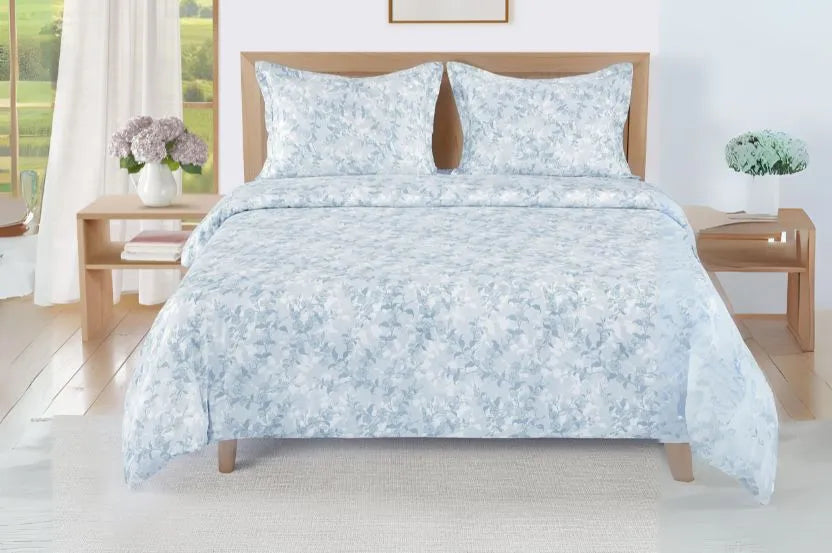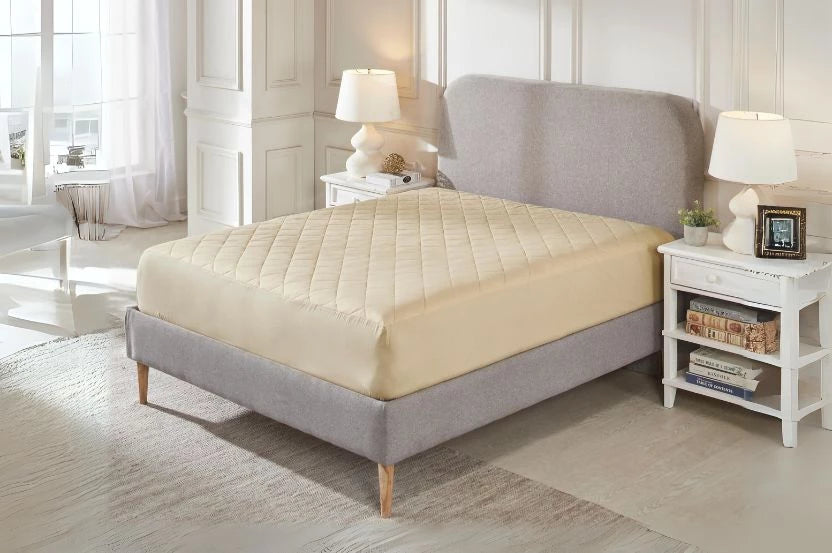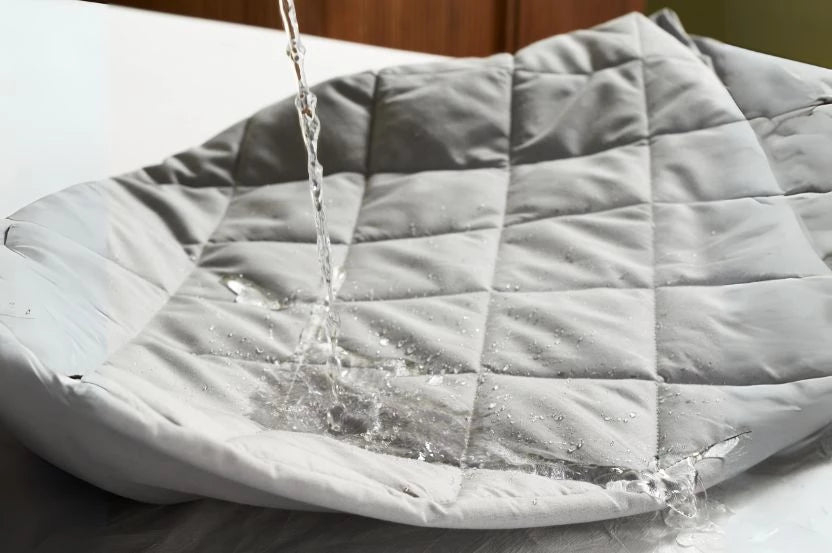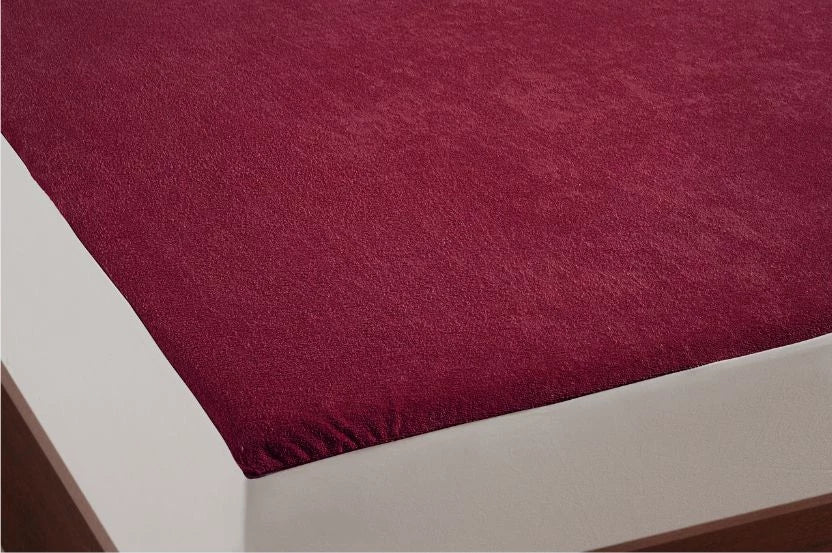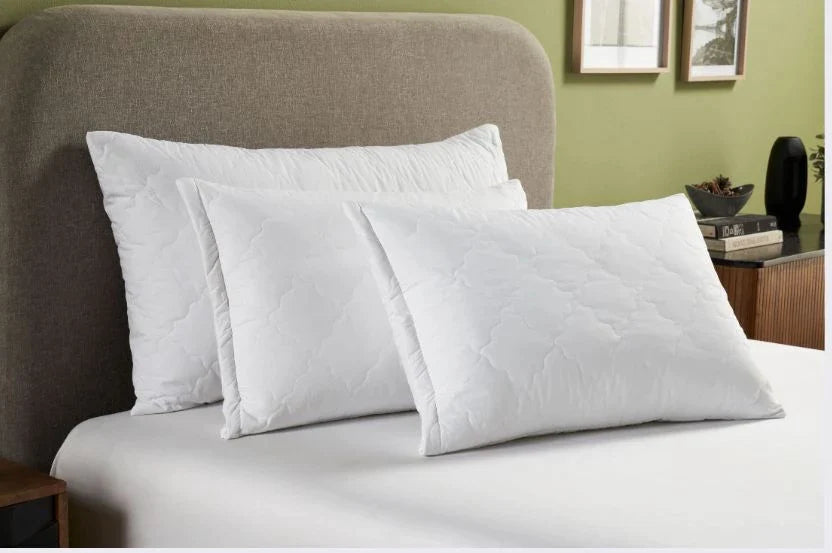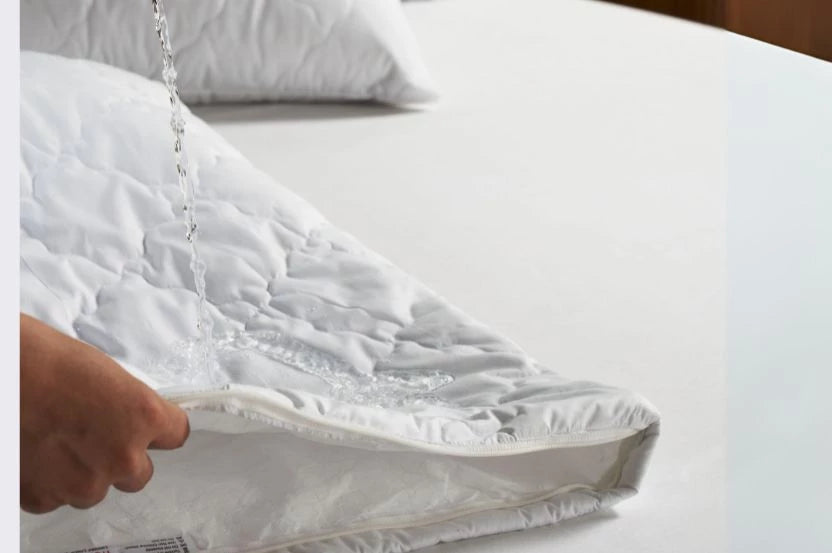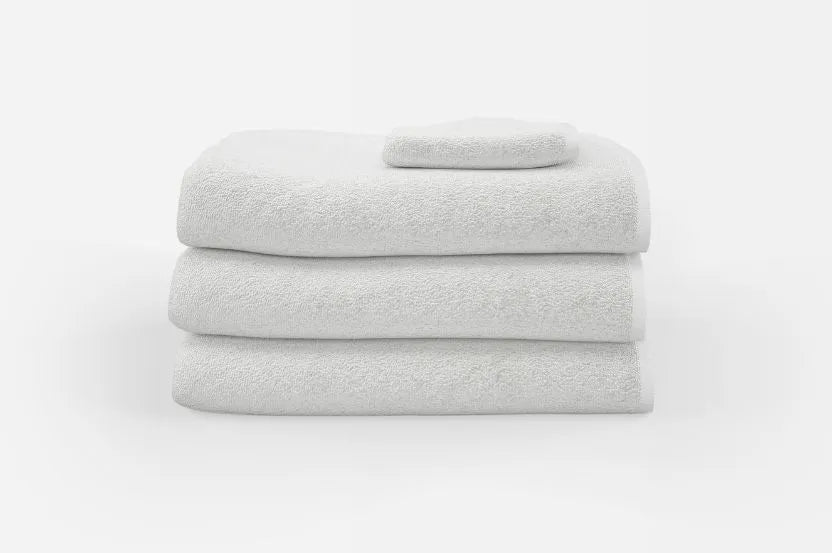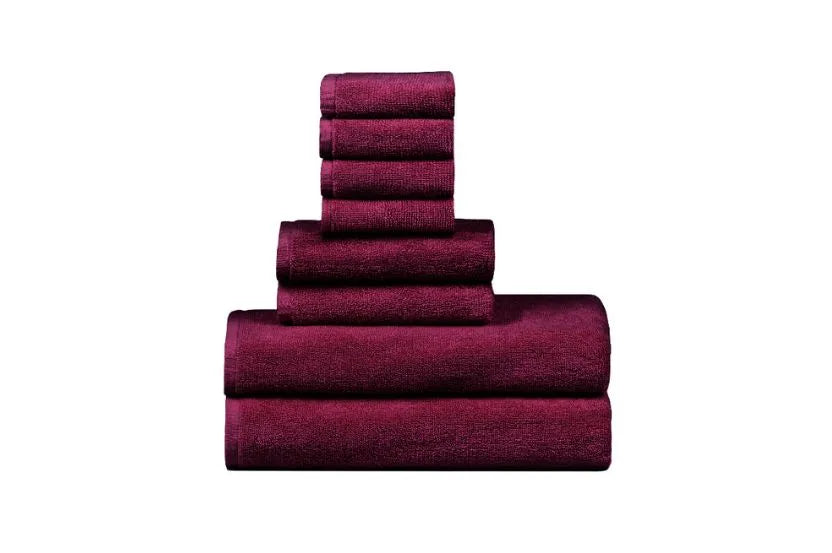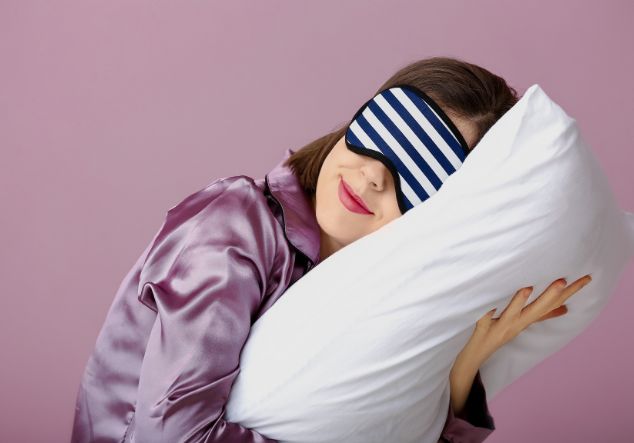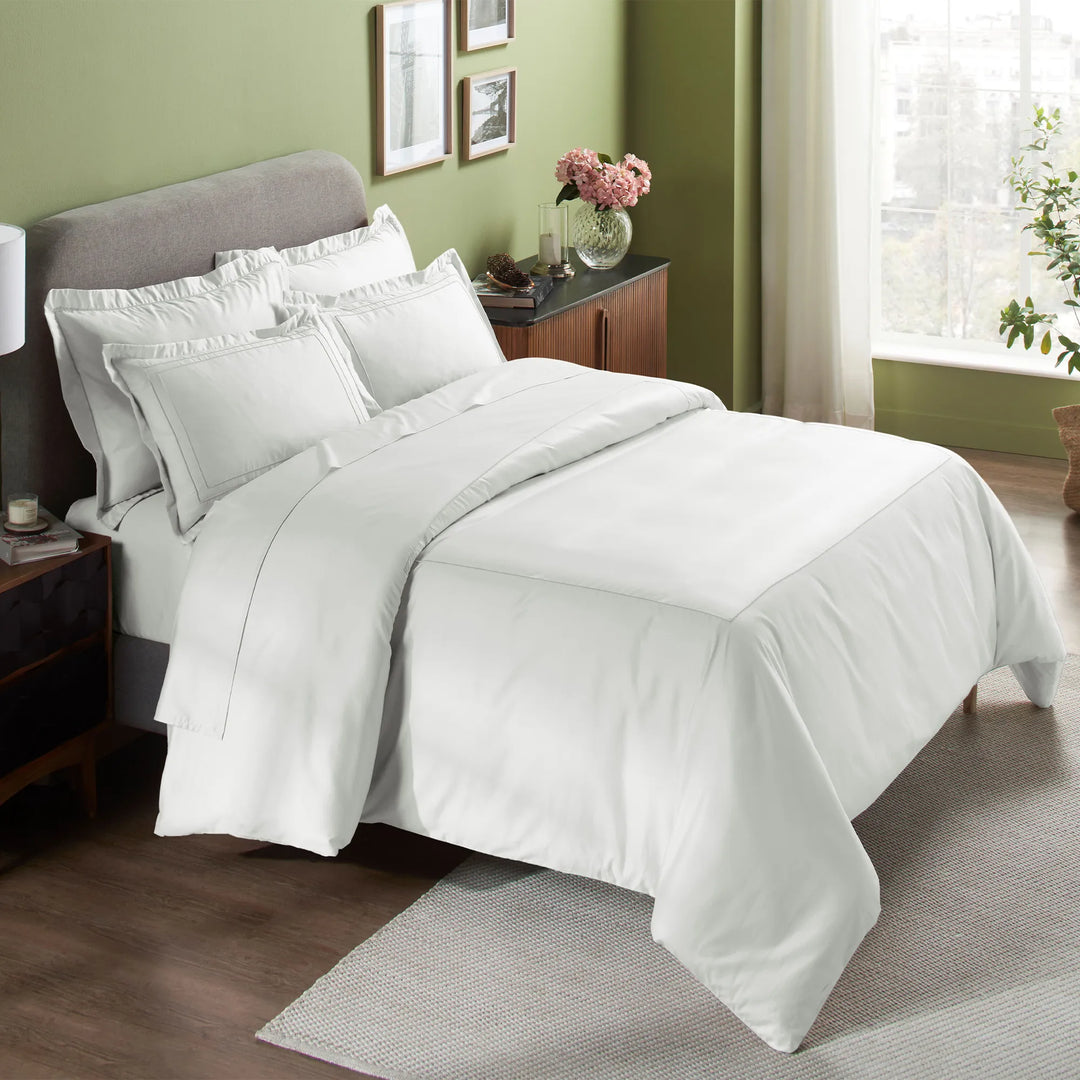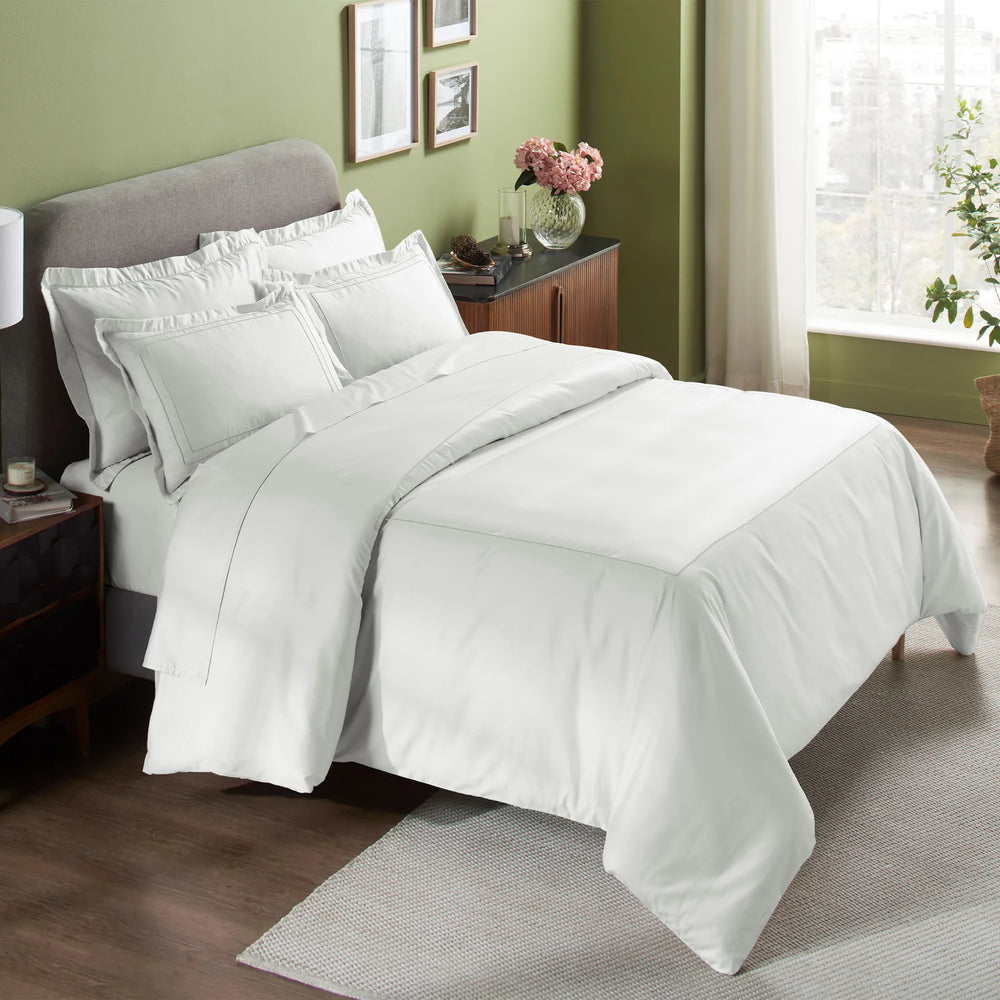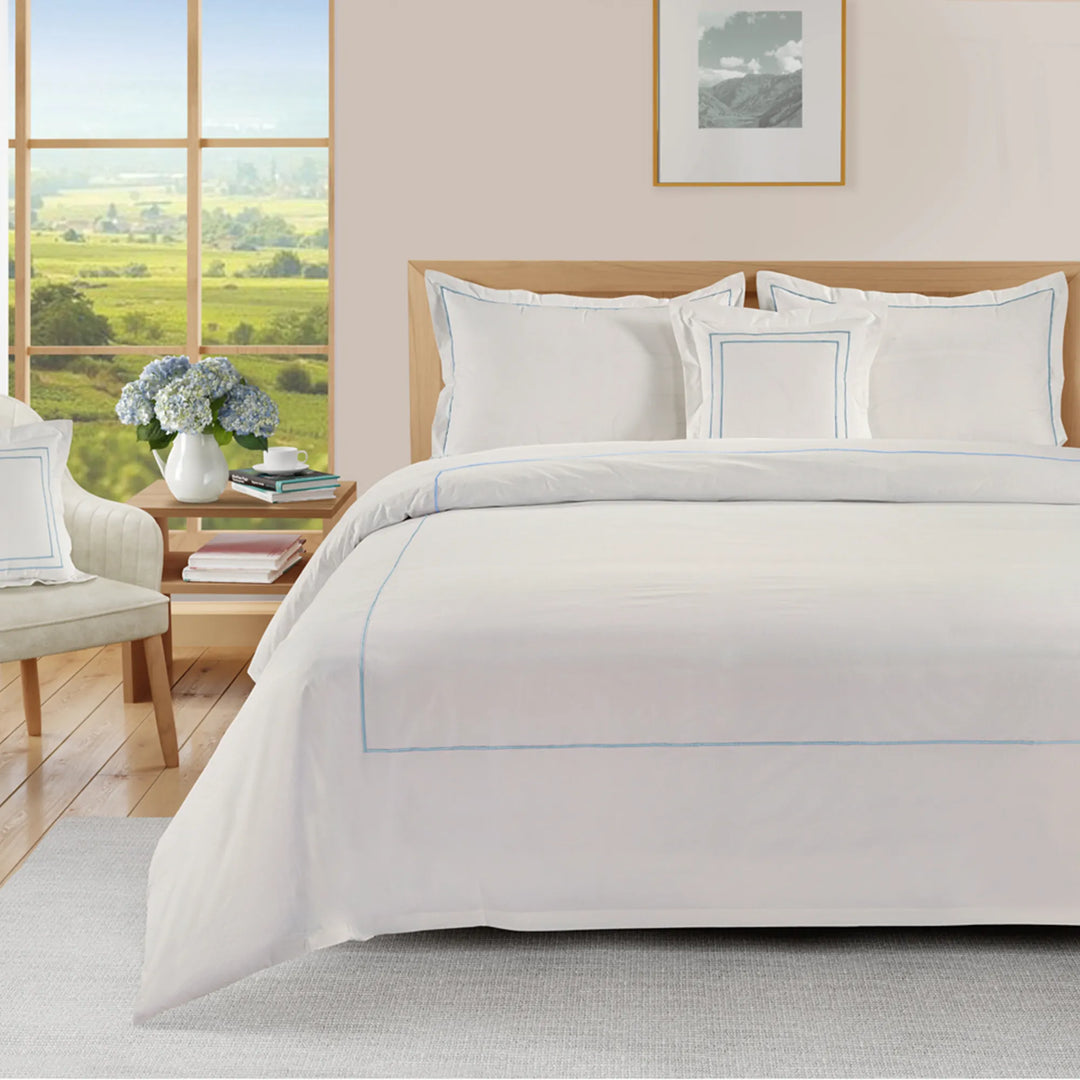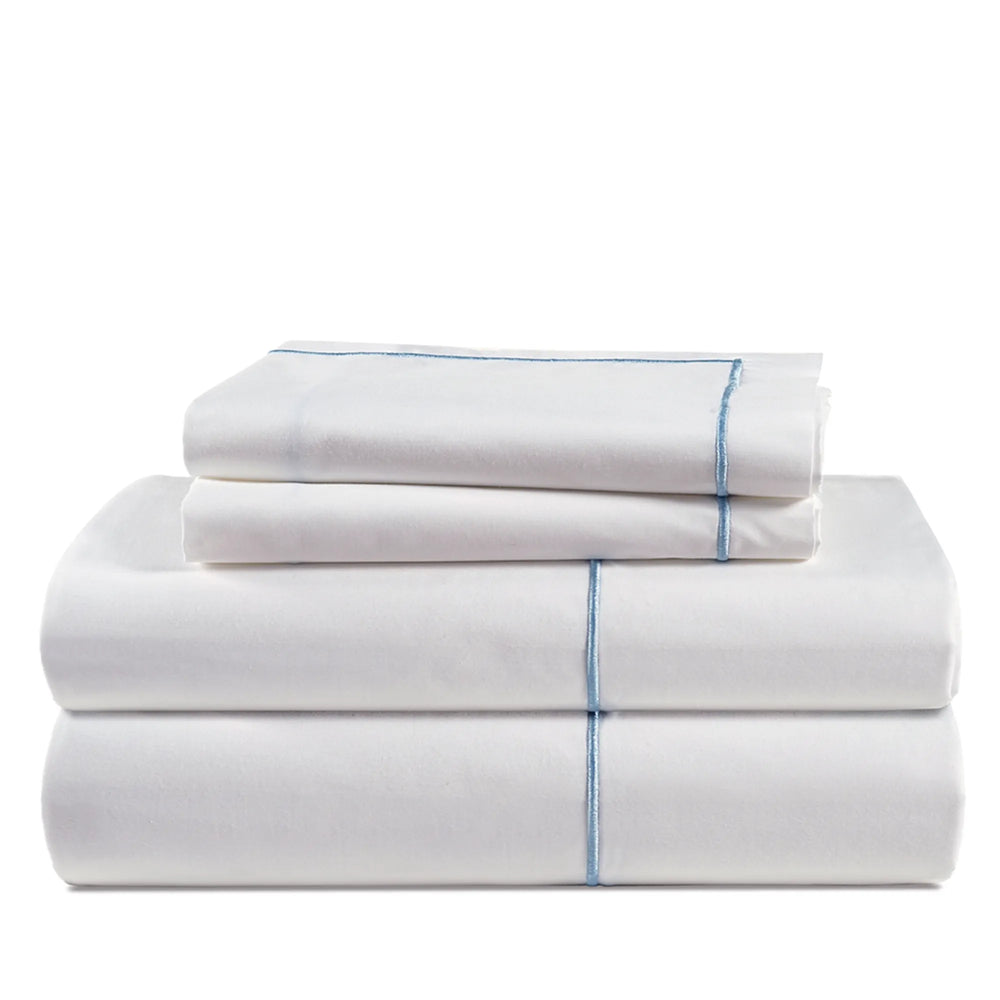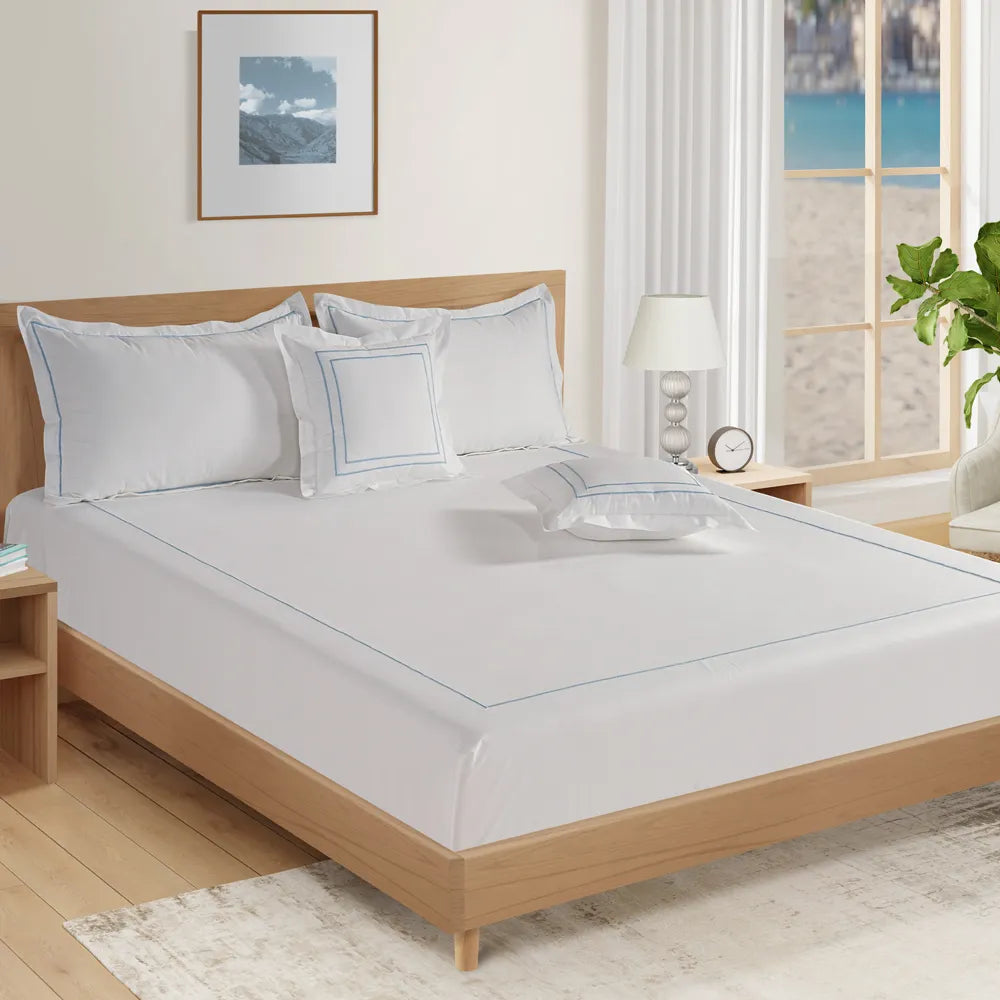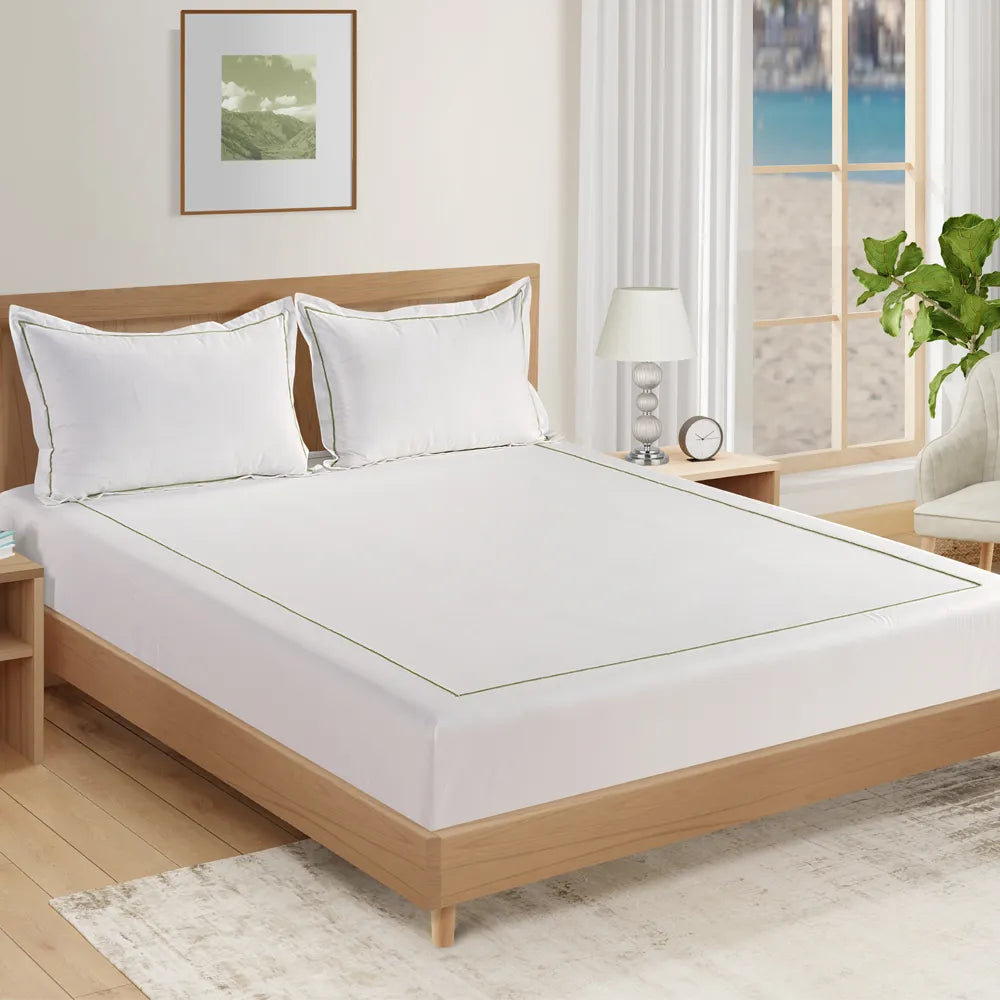Choosing the right bedsheet is essential for a good night's sleep and overall well-being. Among the various types of bedsheets available, cotton bedsheets stand out for their comfort, durability, and versatility. This guide explores why cotton bedsheets are the best choice for new buyers, delving into their history, benefits, and the factors to consider when purchasing them.
Historical Context
Cotton bedsheets have a rich history that dates back to ancient civilizations. The cultivation of cotton began in India around 3000 BCE and spread to other parts of the world. Over the centuries, cotton became a popular material for textiles due to its softness and breathability. In the 18th century, the Industrial Revolution further boosted cotton production, making cotton bedsheets accessible to a broader audience. Today, cotton remains a preferred choice for bedding, cherished for its comfort and natural properties.
Types of Cotton Bedsheets
Egyptian Cotton
Egyptian cotton is known for its extra-long staple fibers, which produce a softer and more durable fabric. It is considered the highest quality cotton and often comes with a higher price tag.
Pima Cotton
Pima cotton is similar to Egyptian cotton in terms of quality, with long fibers that provide a luxurious feel. It is mainly grown in the United States and is also known for its durability and softness.
Upland Cotton
Upland cotton is the most common type of cotton used in bedsheets. It has shorter fibers compared to Egyptian and Pima cotton but is still widely appreciated for its comfort and affordability.
Organic Cotton
Organic cotton is grown without the use of synthetic pesticides and fertilizers, making it an eco-friendly option. It offers the same comfort and durability as conventional cotton while being better for the environment.
Blended Cotton
Blended cotton bedsheets combine cotton with other materials, such as polyester, to enhance certain properties like wrinkle resistance. These sheets offer a balance of comfort, durability, and affordability.
Key Features of Cotton Bedsheets
Softness and Comfort
Cotton bedsheets are renowned for their softness, which provides a comfortable sleeping surface. The natural fibers of cotton create a smooth texture that feels gentle against the skin.
Durability
Cotton is a strong and durable material, making cotton bedsheets long-lasting. High-quality cotton sheets can withstand numerous washes without losing their strength or softness.
Breathability
One of the standout features of cotton bedsheets is their breathability. Cotton allows air to circulate, keeping you cool in the summer and warm in the winter. This temperature regulation enhances sleep quality.
Hypoallergenic Properties
Cotton is naturally hypoallergenic, making it an excellent choice for people with allergies or sensitive skin. It resists dust mites and other allergens, contributing to a healthier sleeping environment.
Moisture-Wicking Abilities
Cotton bedsheets have moisture-wicking properties, which means they can absorb and release moisture quickly. This feature helps keep you dry and comfortable throughout the night.
Benefits of Cotton Bedsheets
Comfort and Coziness
The softness and breathability of cotton bedsheets provide unparalleled comfort, making them ideal for a good night's sleep. The natural fibers conform to your body, offering a cozy and inviting feel.
Health Benefits
Cotton's hypoallergenic properties contribute to a healthier sleep environment by reducing the risk of allergic reactions. Additionally, the moisture-wicking ability of cotton helps prevent the growth of mold and mildew.
Environmental Advantages
Organic cotton bedsheets are an eco-friendly choice, as they are made from cotton grown without harmful chemicals. Supporting organic cotton farming practices helps reduce environmental impact and promotes sustainable agriculture.
Technical Specifications
Thread Count
Thread count refers to the number of threads woven into one square inch of fabric. Higher thread counts generally indicate softer and more durable sheets. Cotton bedsheets typically range from 200 to 800 thread count.
Weave Types
The weave type affects the texture and feel of the bedsheets. Common weaves for cotton bedsheets include percale (crisp and cool), sateen (smooth and silky), and flannel (soft and warm).
Fiber Length
The length of cotton fibers, or staples, plays a crucial role in the quality of the bedsheets. Longer fibers produce smoother and stronger fabric, as seen in Egyptian and Pima cotton.
GSM (Grams per Square Meter)
GSM measures the weight of the fabric. Higher GSM indicates thicker and more durable sheets. Cotton bedsheets typically have a GSM range of 100 to 300.
Applications and Uses
Home Use
Cotton bedsheets are widely used in homes for their comfort and aesthetic appeal. They come in various colors and patterns, allowing you to match them with your bedroom decor.
Hospitality Industry
Hotels and resorts prefer cotton bedsheets for their durability and luxurious feel. High-quality cotton sheets enhance the guest experience, ensuring a comfortable stay.
Healthcare Settings
In healthcare settings, cotton bedsheets are favored for their hypoallergenic properties and ease of cleaning. They help maintain a hygienic environment for patients.
Comparative Analysis
Cotton vs. Polyester Bedsheets
Cotton bedsheets are more breathable and comfortable compared to polyester, which can trap heat and moisture. However, polyester is more wrinkle-resistant and affordable.
Cotton vs. Silk Bedsheets
Silk bedsheets are luxurious and smooth but can be expensive and require delicate care. Cotton offers similar softness with greater durability and easier maintenance.
Cotton vs. Linen Bedsheets
Linen bedsheets are highly breathable and durable but can feel rougher than cotton. Cotton provides a softer and more versatile option.
Buying Guide
Factors to Consider
When buying cotton bedsheets, consider factors like thread count, weave type, fiber length, and GSM. These specifications affect the comfort, durability, and feel of the sheets.
Price Range and Budget
Cotton bedsheets are available in a wide price range, from budget-friendly options to high-end luxury sheets. Determine your budget and prioritize features that matter most to you.
Where to Buy
Cotton bedsheets can be purchased from various retailers, including department stores, specialty bedding shops, and online marketplaces. Look for reputable brands and read customer reviews before making a purchase.
Care and Maintenance
Washing and Drying Tips
Wash cotton bedsheets in cold or warm water with mild detergent. Avoid using bleach or fabric softeners, as they can damage the fibers. Tumble dry on low heat or air dry for best results.
Stain Removal Techniques
Treat stains promptly by blotting the affected area with a mixture of water and mild detergent. For tougher stains, use a stain remover specifically designed for cotton fabrics.
Storage Advice
Store cotton bedsheets in a cool, dry place. Avoid direct sunlight and moisture to prevent discoloration and mildew growth. Folding sheets neatly helps save space and reduces wrinkles.
Sustainability and Eco-Friendliness
Organic Cotton Benefits
Organic cotton bedsheets are made from cotton grown without synthetic pesticides and fertilizers. They are better for the environment and for your health, reducing exposure to harmful chemicals.
Sustainable Farming Practices
Sustainable cotton farming practices include crop rotation, reduced water usage, and integrated pest management. Supporting these practices helps protect the environment and promotes biodiversity.
Environmental Impact
Cotton is a renewable resource, and organic cotton production has a lower environmental impact compared to conventional cotton. Choosing organic cotton bedsheets contributes to a more sustainable future.
Challenges and Solutions
Common Issues with Cotton Bedsheets
Cotton bedsheets can shrink, wrinkle, and fade over time. These issues can be mitigated by following proper care instructions and investing in high-quality sheets.
Solutions and Best Practices
To prevent shrinking, wash sheets in cold water and avoid high heat when drying. Use a fabric softener alternative to reduce wrinkles and store sheets properly to maintain their appearance.
Customer Reviews and Testimonials
Positive Feedback
Customers often praise cotton bedsheets for their comfort, breathability, and durability. Many appreciate the natural feel and hypoallergenic properties of cotton.
Negative Feedback
Some customers may experience issues with shrinking or wrinkling. These problems are often linked to improper care or lower-quality sheets.
Overall Customer Satisfaction
Overall, cotton bedsheets receive high satisfaction ratings for their comfort, quality, and value. Most buyers find them to be a worthwhile investment for a better sleep experience.
Expert Insights
Quotes from Industry Experts
"Cotton bedsheets remain a top choice for their unparalleled comfort and natural properties. Investing in high-quality cotton sheets can significantly enhance your sleep quality." - John Doe, Textile Expert
Advice and Recommendations
Experts recommend choosing bedsheets with a thread count between 300 and 500 for optimal softness and durability. Opting for organic cotton can also provide health and environmental benefits.
Latest Innovations
New Developments in Cotton Bedsheets
Recent innovations include cotton bedsheets treated with antimicrobial finishes to resist bacteria and odor. Advances in weaving techniques have also led to softer and more durable fabrics.
Technological Advancements
Technological advancements in cotton farming and processing have improved the quality and sustainability of cotton bedsheets. Eco-friendly dyes and finishes are now available, reducing environmental impact.
Future Trends
Predictions for the Future of Cotton Bedsheets
The future of cotton bedsheets looks promising, with a growing emphasis on sustainability and innovation. Organic cotton and eco-friendly practices are expected to become more mainstream.
Emerging Trends
Emerging trends include hybrid blends of cotton with other natural fibers, such as bamboo, to enhance the properties of bedsheets. Customization options and smart textiles are also gaining popularity.
FAQs
Common Questions about Cotton Bedsheets
-
What is the best thread count for cotton bedsheets? The best thread count for cotton bedsheets is typically between 300 and 500. This range provides a good balance of softness, durability, and breathability.
-
How do I prevent my cotton bedsheets from shrinking? To prevent shrinking, wash your cotton bedsheets in cold water and avoid using high heat when drying. Following the care instructions on the label can also help maintain their size.
-
Are organic cotton bedsheets worth the extra cost? Yes, organic cotton bedsheets are worth the extra cost for their health and environmental benefits. They are free from harmful chemicals and support sustainable farming practices.
-
How often should I wash my cotton bedsheets? It is recommended to wash your cotton bedsheets every one to two weeks to maintain hygiene and freshness. Washing them regularly also helps prolong their lifespan.
-
What are the benefits of using cotton bedsheets? Cotton bedsheets offer several benefits, including comfort, breathability, durability, and hypoallergenic properties. They are also easy to care for and come in various styles and colors.
Conclusion
In conclusion, cotton bedsheets are an excellent choice for new buyers due to their comfort, durability, and versatility. With various types of cotton available, you can find the perfect sheets to match your needs and preferences. By considering factors like thread count, weave type, and fiber length, you can make an informed decision and enjoy the many benefits of cotton bedsheets. Invest in high-quality cotton sheets for a better night's sleep and a healthier sleeping environment.

